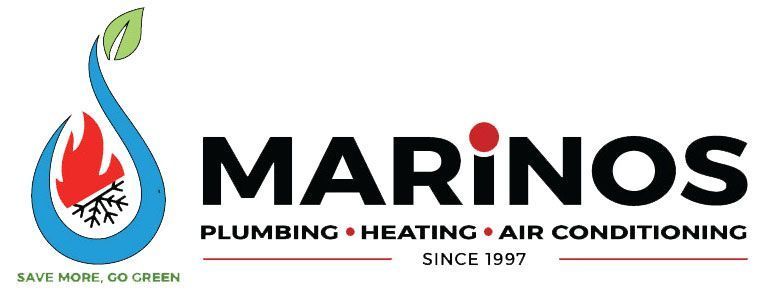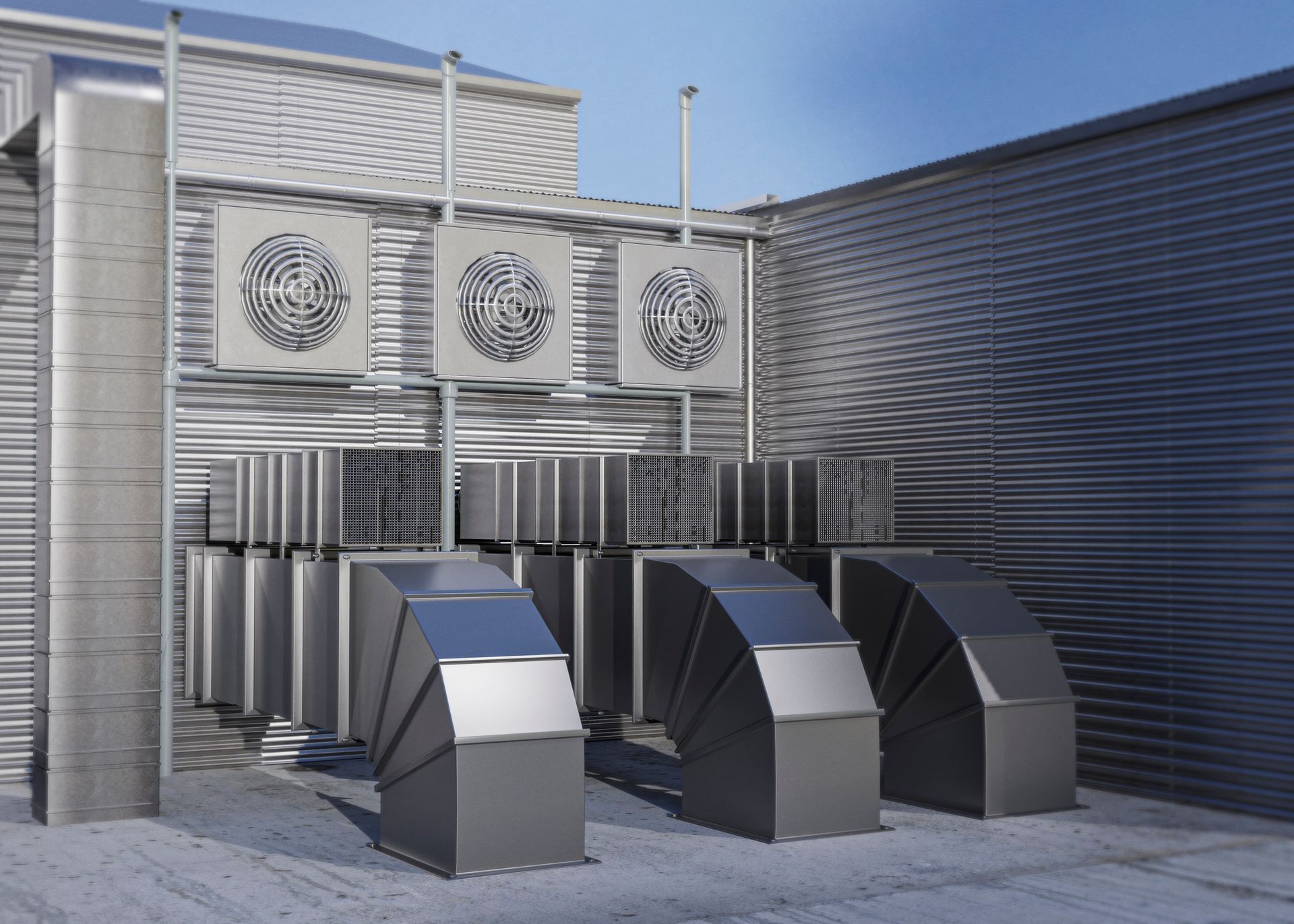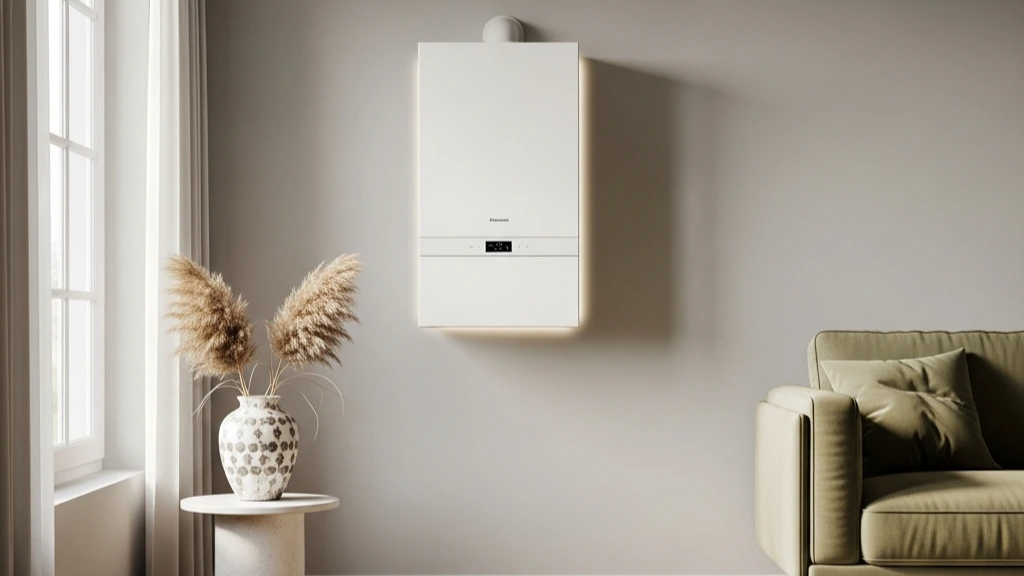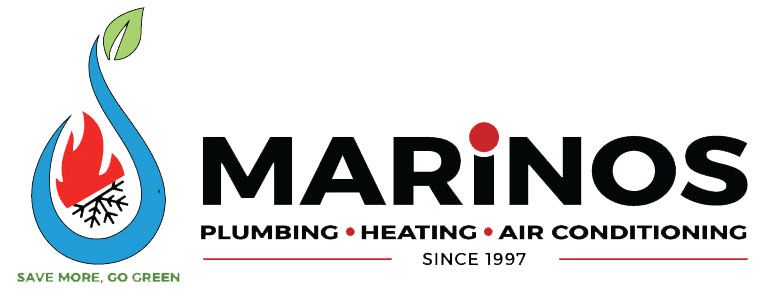Beat the Heat: Eco-Friendly Upgrades for Summer & Winter
Let's face it, battling the elements inside your home shouldn't feel like a war.
Imagine entering into a house on a summer day that is scorching with heat outside and you’re welcomed by cool air that washes off the heat from outside. Or even better, think of your living room on a chilly winter night, feeling the warmth all around you as you lie comfortably on the couch.
Sounds dreamy right? At the same time, you are thinking it will cost you a fortune to install this type of system!
Worry not,24/7 comfort like this does not have to be at an environmental cost or drain your savings account dry. You just need to make some energy-efficient changes to your heating and cooling system (HVAC) and create a sustainable comfort oasis that is gentle on both nature and your finances.
Through this blog, let us be your tour guide through eco-friendly solutions available in the market today. We will talk about how it helps the environment and guide you about its installation and maintenance activities. So let's get started right away!
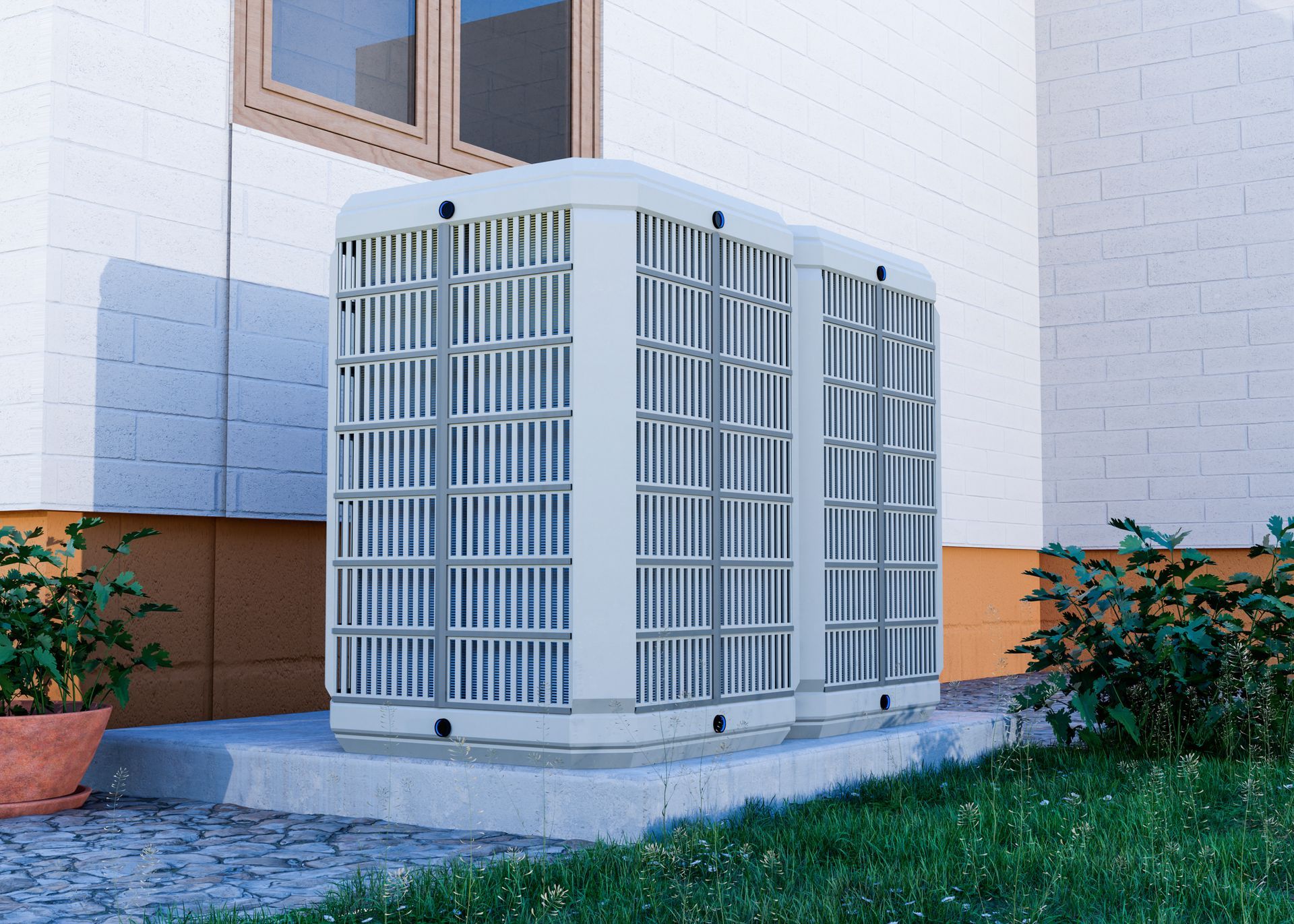
Why Does an Efficient HVAC System Matter?
HVAC stands for Heating, Ventilation, and Air Conditioning.
So what does it do exactly?
Think of it as if it were a sentinel of well-being—it ensures that one feels comfortable. It goes beyond mere temperature control; it has profound effects on health, the environment, and even finance.
Feeling Good, Naturally:
Do you feel discomfort when you sleep?
The temperature fluctuations are likely causing this. HVAC systems can solve this problem. Let me explain:
A highly efficient HVAC system can help maintain regular temperate conditions thus avoiding these unpleasant deviations causing sleep disorders
.
Did you know the HVAC system also removes allergies, creating a positive mood? This system works silently like an air purifier thus ensuring there are no dust particles or allergens that may cause respiratory diseases upon inhalation. (Now you know the secret to why it is so enjoyable to breathe inside an HVAC-installed house!)
Going Green and Saving Green:
Know this, old-fashioned inefficient HVAC units are known power eaters leading to higher utility bills and hence increased carbon footprints for homes installing them. Upgrading to more energy-efficient systems is a no-brainer!
You will see a significant decline in your energy use after installation, resulting in lower utility bills and also less impact on the environment. This is a win-win for you and Mother Earth!
Ready to Upgrade? Let’s Talk Installation!
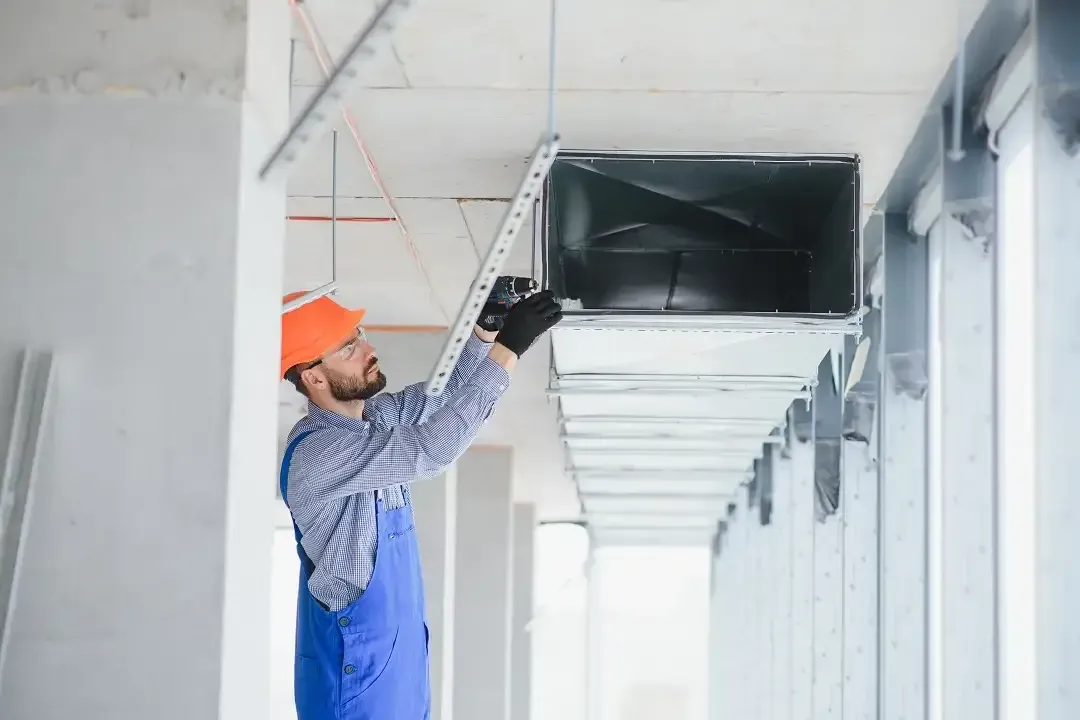
Deciding to upgrade your HVAC system is a big step for sure, but don’t worry we’ve got you covered. Planning and preparation play a significant role in ensuring a flawless installation. We have prepared this guide just for that!
Here’s what you need to know:
- Call a professional: You don't know the technical details do you? Then call the experts in the field. They will assess your needs and recommend the most suitable system based on weather conditions, cost of living, etc.
- Look at Eco-Friendly Options: Why waste the environment and your wallet? There are heat pumps like hydronic slab heating that can be used for both cooling and heating or high-efficiency furnaces as well as air conditioners that minimize energy consumption with cutting-edge technology. These will help to reduce environmental effects and a hefty amount of energy bill along the way!
The Installation Process: Seamless and Efficient
Now you have decided on the unit you want to install, it's time to fix a date for installation with your service provider.A professional HVAC service provider will handle the installation.
Firstly they will pull out your old system (you don't want them to mix!). Then the technicians ensure that the equipment is properly sized,
If your ductwork needs to be re-sealed, they will do it before the new equipment is installed. After the pre-setup, the technician will put your new heating and cooling system into position safely and quickly. After the final check, they will hand over the manuals and service cards for future checkups.
And that's it, you are now a proud owner of an Eco-friendly HVAC system!
Keeping Your Comfort Oasis Thriving: Regular Maintenance is Key
Like any other machine, an HVAC requires regular servicing so that it functions optimally.
Here are 3 reasons why maintenance matters:
- Avoids expensive repairs: Catching small problems early is key! Frequent inspections help you do just that, stopping them before they turn into major breakdowns. That saves you money in the long run because fixing big issues is way more expensive.
- Saves money by being efficient: Planned maintenance is crucial! This helps the device run at its best, which means using less power. And guess what that means? Lower electricity bills!
- Prolonged lifespan of unit: Treat your HVAC system right, and it'll reward you! Proper maintenance extends its life, pushing off that expensive replacement for years to come.
Finding the Right Maintenance Crew: Your Comfort Allies!
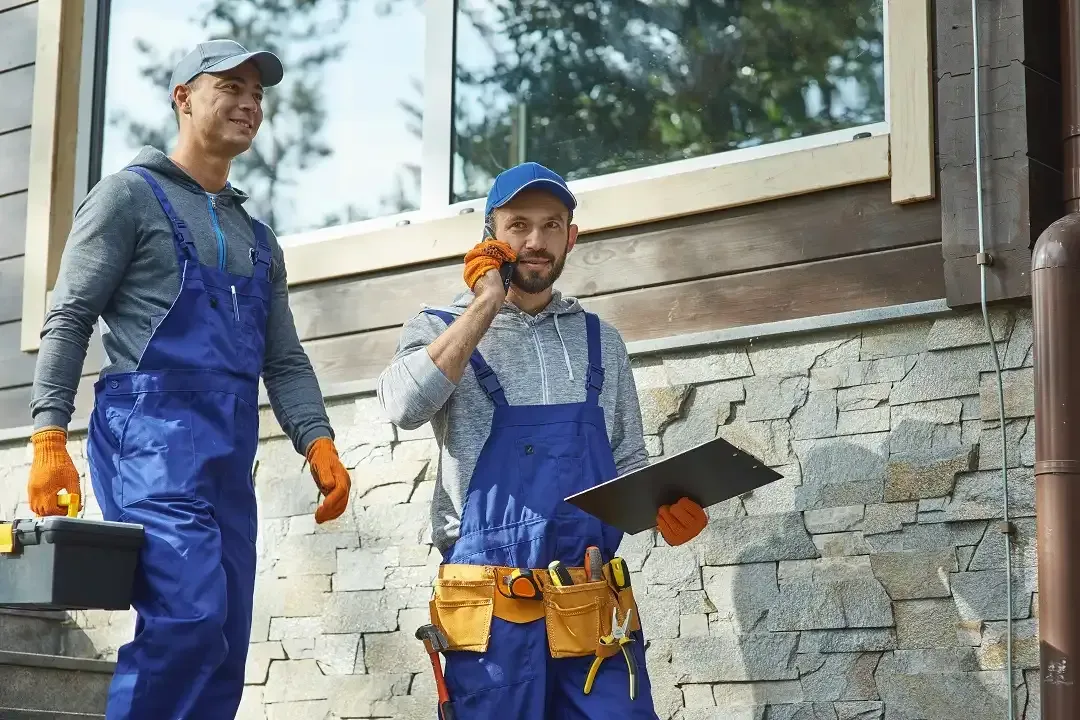
Don't rely on just anyone for your comfort! When it comes to your heating, ventilation, and air conditioning (HVAC), you want a pro who knows their stuff. Look for a licensed and insured company that shines in customer service and specializes in your specific type of equipment.
Marinos Plumbing can be a great place to start! They're a team of qualified technicians known for their friendly service and expertise in heating and cooling systems. So skip the stress and dial the comfort!
Before We Go,,,
By now, you're probably picturing yourself in your eco-friendly comfort haven, basking in the perfect temperature without worrying about the planet or your wallet. And hey, who wouldn't want that?
But remember, achieving this dream doesn't happen overnight (unless you have a magic wand, which I'm not aware of). It takes some planning, some smart upgrades, and most importantly, regular maintenance.
You can take suggestions from a reliable heating and cooling system provider like Marinos Plumbing. This way, you can ensure that you receive the best HVAC system for your house.
Don't forget that a cozy home equals a happy home, and a happy home is a planet-friendly home. So why the wait? Go forth and conquer the elements!
